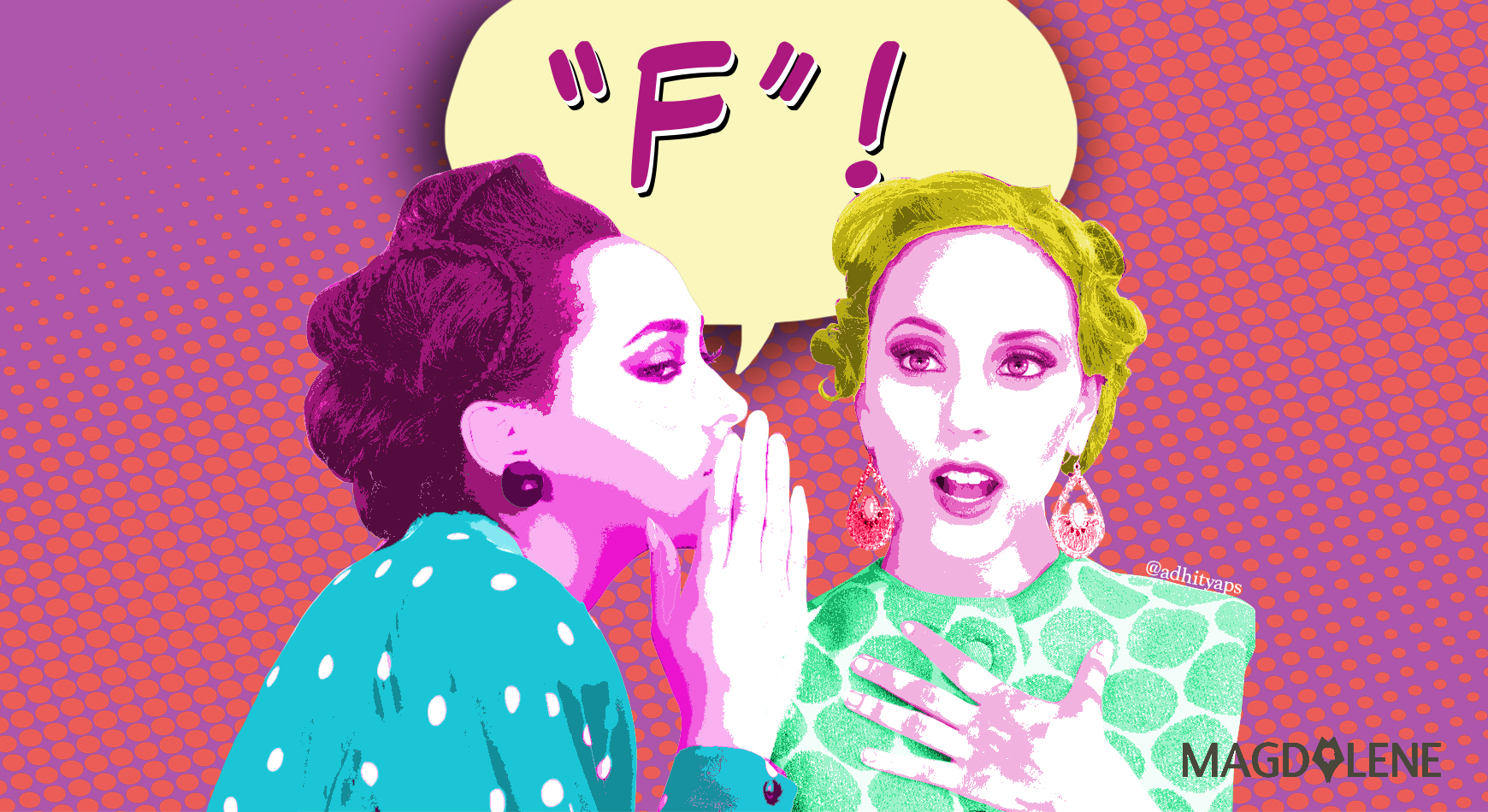I was born in the 1990s and when I was a kid, I learned that pink was a girls’ color, while darker colors were for boys. I also learned that girls were supposed to play with dolls, because robots and cars were too boyish.
When I first heard about feminism, I thought it was all about defending women’s rights, like the rights to education, equal pay, and the freedom from abuse. But I later found out that real feminism does not exclude men. As Malala Yousafzai, the Pakistani girl who survived being shot in the head in 2012 for defending the right of girls to be educated, said, everyone should be a feminist, because it is about gender equality.
One of Indonesia’s first feminists was a young Javanese noblewoman named Kartini (1879-1904). She was educated until the age of 12, after which she had to remain in her parents’ house until marriage in line with the Javanese royal tradition. Despite her confinement, she taught reading and writing to young women at her home. She wanted women to have the same level of education as men. Around the same period in Aceh, another strong woman named Cut Nyak Dhien led the fight against the Dutch colonizers. But feminism is not just about women being leaders. It covers broader issues such as sex, education and motherhood
I didn’t start to care about feminism until about a year ago, after listening to a speech by British actress Emma Watson, who is the United Nations’ Women Goodwill Ambassador. She said that women and men should not be afraid of doing things that society might view as weird, such as women looking masculine or men showing their emotions. Again, gender equality.
How many times have we heard people talking about being manly? Men should be strong. Men should be tough. Men should not cry. Last month, I visited my two-year-old nephew and at one point when he was about to cry, his mother scolded him, “Boys do not cry!”
“Boys do cry!” I retorted. I was furious with all the rules about being manly. Men are not robots. Sometimes they need to cry to show their emotions. Hey, even robots can show emotions these days! When boys are not allowed to cry, they cannot show the right emotions when they become adults and that can lead to anger and violence.
Another important issue is the censorship on women’s bodies. I have never seen a half-naked man censored on TV. Instead, Indonesian TV networks constantly censor women’s bodies if there is the slightest hint of cleavage. I recently saw the midriffs of female athletes being blurred. Shockingly, the victims of such censorship are not only women but also Sandy Cheeks, a bikini-wearing squirrel in SpongeBob SquarePants.
The Indonesian Broadcasting Commission (KPI) bans any sexual content, including displays of breasts, thighs, genitals, and buttocks. The aim is to keep pornography off TV, but is cleavage pornography? Should women be ashamed of showing any skin? I am often annoyed by TV show hosts who say things like, “Look at her sexy outfit!” but then they blur the woman’s. Why bother broadcasting an image if they’re only going to censor it? If the censorship trend continues, then perhaps in a few years we will be completely censoring women’s bodies.
When it comes to gender equality, why haven’t we seen male athletes or dancers being censored? Does blurring women’s bodies on the pretext of preventing sexual crimes mean that all men are uncivilized sexual predators, unable to control their lust? Surely, we should be teaching men to respect women, no matter what they are wearing, rather than viewing them as objects that are only fit for censorship or lusting over.
A common perception among some Indonesians is that women deserve special treatment because they are weaker than men. When I was in the UK I saw parking spaces for the disabled and those for women with children. The idea has been twisted in Indonesia, with some malls offering women-only parking spaces. There are also women-only buses and women-only train carriages. So much for equality. Tough luck for the men trying to get a parking space or trying to get to work on time. When women are segregated and given preferential treatment, it may lead to resentment and misogynistic feeling. Is it really important to provide women-only parking spaces and buses?
Ultimately, equality is about our mindset, how we treat women and men equally. Apart from biological functions, such as giving birth and breastfeeding, women and men are the same. We are still fighting the gender equality issue all over the world and we do not have to be a protester on the street to change people’s mindset about gender equality. We can start with people around us, by changing our mindset and behavior toward others.
Inez Gazali is trying to be a good writer and getting back on the reading habit after social media took over her life. She hopes she can travel around the world one day.








Comments